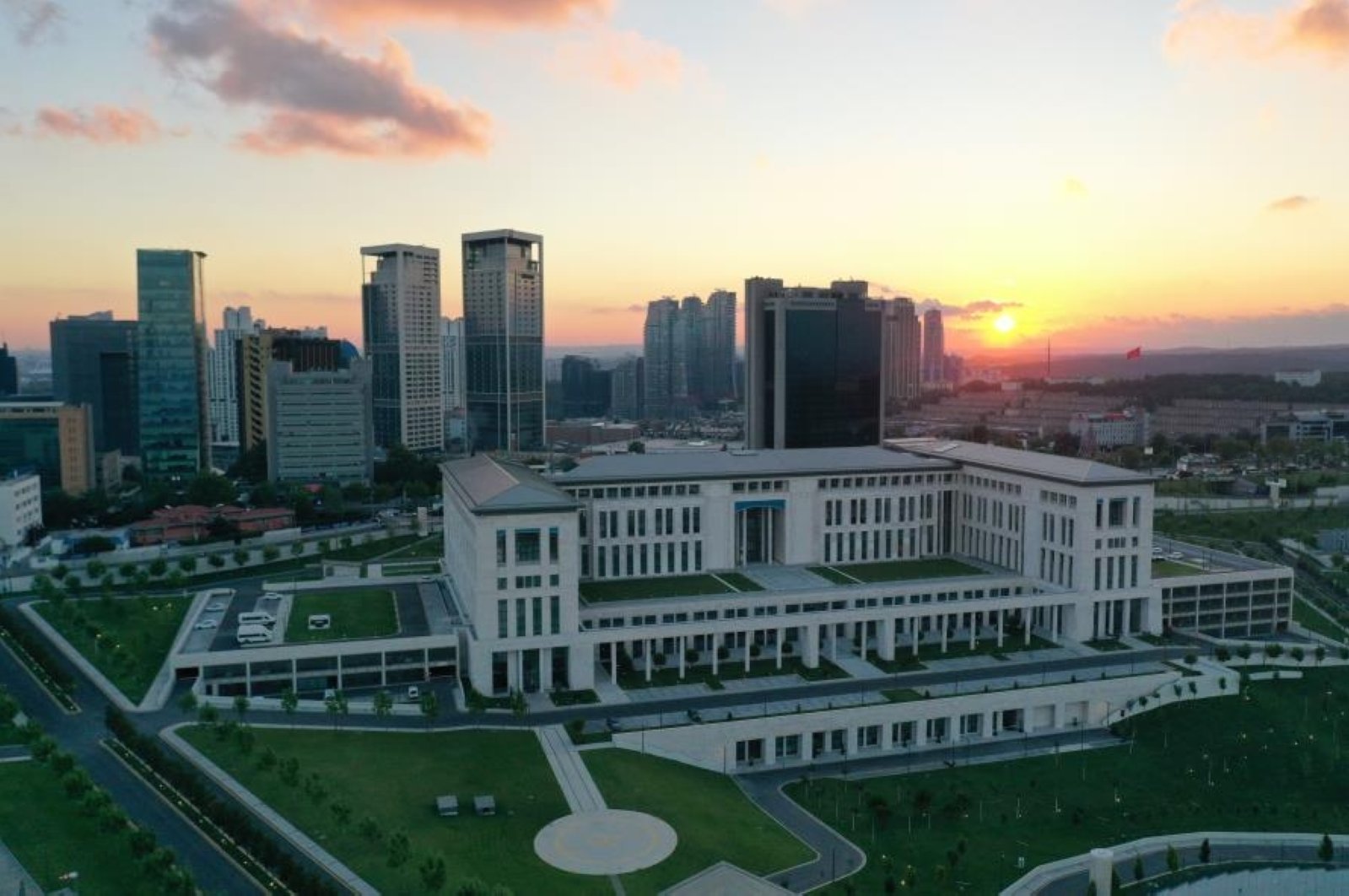Cooperation between Turkey and Pakistan, especially for intelligence sharing, has increased.
New Delhi: The National Intelligence Organization (MIT), the intelligence agency of Turkey, recently busted two alleged espionage cells operating from its soil—one being operated by Iran’s VAJA and the other by Israel’s Mossad.
The eight-member alleged Iranian spy cell was busted in the city of Van in eastern Turkey, on 24 September, the details of which were made public on 13 October. The 15-member alleged Mossad-run spy ring was busted on 7 October, the details of which were revealed this Thursday, 21 October. All the 15 members of this cell, as per sources in Turkey, are of Arab descent.
Sources who track such developments said the initial leads on these two separate cells were likely generated by Pakistan’s intelligence agency, the ISI, who then shared it with the MIT.
One such lead was given almost a year ago, after which the MIT kept an eye on the alleged operatives of one of these two rings, allowing them to operate without any hindrance, so as to identify their local contacts before taking them into custody.
It is not clear as of now as to whether the ISI generated the information about these two cells on its own or the information was passed on to it by the intelligence agency of another country.
Sources also stated that there is a very high likelihood of another Pakistani asset, who had gone “rogue”, being recently “silenced” in a joint-collaboration between the MIT and the ISI.
On Thursday, Turkey was added to the Financial Action Task Force (FATF) grey list, where it joined Pakistan. Turkey, like Pakistan, has been found to be not doing enough to control terror financing and money laundering. The cooperation between Turkey and Pakistan—especially in the field of intelligence sharing—has witnessed significant upscaling in recent years as Recep Tayyip Erdogan, the Turkish President, is banking on the support of Pakistan Prime Minister Imran Khan to emerge as the new leader of the Ummah in the place of Saudi Arabia.
In return, Turkey has been religiously supporting Pakistan’s stand on Kashmir. In September 2020, in his address to the UN General Assembly, President Erdoğan called Kashmir a “burning issue”. Pakistan also acknowledges Azerbaijan’s—which is among Turkey’s strongest allies—claims over the disputed territory of Nagorno-Karabakh. In January 2021, the foreign ministers of Pakistan, Turkey, and Azerbaijan issued a joint statement to support their claims to Kashmir, Cyprus, and Nagorno‐Karabakh respectively. Khan has also vocally supported Turkey’s offensive against Kurdish forces in Syria.
In February this year, Erdogan addressed Pakistan’s Parliament on a two‐day trip to Islamabad, thereby becoming the only foreign head of state who has addressed Pakistan’s Parliament four times. The two countries are extensively collaborating on defence issues, much of which is taking place without any public announcement.
In October 2018, the Pakistan navy commissioned a 17,000-tonne fleet tanker built in collaboration with a Turkish defence company, STM in the port city of Karachi. In July 2018, the Pakistan navy signed a contract for the acquisition of four MILGEM (National Ship) Ada class ships with Turkish state-owned defence firm ASFAT.
Post the December 2020 Turkey‐Pakistan‐High‐Level Dialogue, Turkey has sought Pakistan’s support in developing a nuclear weapons programme. In February 2020, Turkish Aerospace Industries signed a MoU with Pakistan’s National University of Science and Technology on defence aviation.

